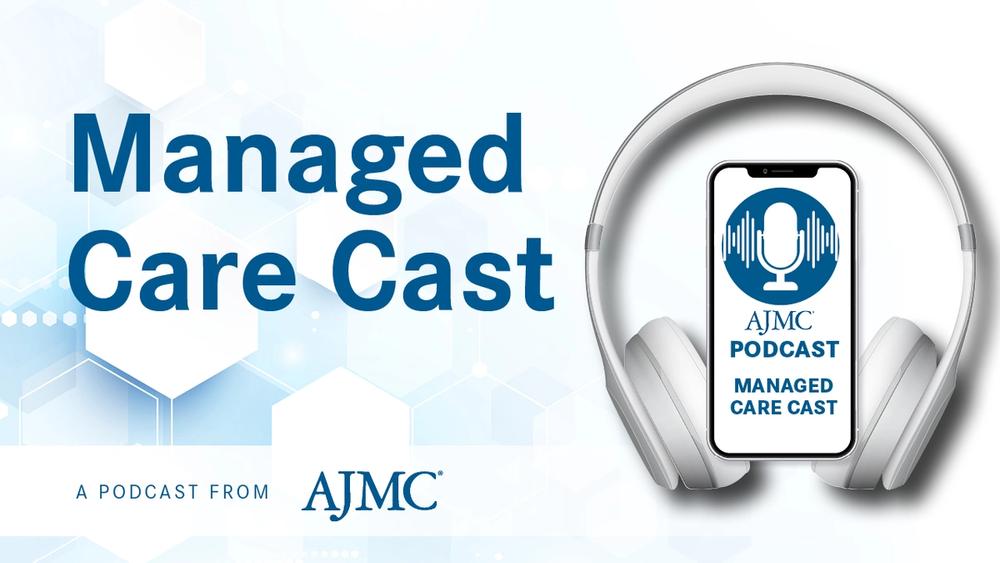Article
The Cost Debate on HCV Treatment in Europe
While the cost of hepatitis C treatment continues to be a major topic of debate-with the approval of simeprevir (Olysio), sofosbuvir (Sovaldi), and now the combination, sofosbuvir and ledipasvir (Harvoni)-those in favor of the treatment provide a strong research-based argument. The cost-debate is global, as shown by this cost-effectiveness study conducted in Italy.
While the cost of hepatitis C treatment continues to be a major topic of debate—with the approval of simeprevir (Olysio), sofosbuvir (Sovaldi), and now the combination, sofosbuvir and ledipasvir (Harvoni)—those in favor of the treatment provide a strong research-based argument. In a recent issue of Evidence-Based Immunology and Infectious Disease, we heard both sides of the discussion.1,2 Disease complications—cirrhosis, end-stage liver disease, hepatocellular carcinoma, and liver transplantation—cost the US healthcare system approximately $6.5 billion annually, expected to touch $9.1 billion by 2024.3 At $1000 per dose, sofosbuvir alone will cost $84,000 for the typical 12 weeks of therapy in the United States, while its combination with ledipasvir is estimated at $94,500.1
The cost-debate is global, and a poster presented at The Liver Meeting 2014, an annual meeting organized by the American Association for the Study of Liver Disease, held in Boston, Massachusetts, from November 7 to 11, 2014. The multi-institute study by scientists in Italy, presented during the session Viral Hepatitis and Liver Transplant, assessed the cost-effectiveness of using sofosbuvir in combination with ribavirin (SOF/RBV)—a novel interferon-free treatment—to suppress HCV viremia in HCV patients listed for transplant, thereby preventing HCV recurrence. They evaluated the cost-effectiveness of SOF/RBV treatment in pre-transplant patients for cirrhosis (HCV-cirrhosis) or for hepatocellular carcinoma in cirrhosis (HCV-HCC), using a semi-Markov model. Comparing 2 different strategies—SOF/RBV for a maximum of 24 weeks or until an orthotopic liver transplant, if performed before the 24th week from treatment initiation versus no antiviral treatment—several different cost factors were considered, including life-years, quality-adjusted life years (QALY), and the incremental cost-effectiveness ratio (ICER) expressed as € per QALY gained.
In the base-case analysis, the authors estimated that the ICER for 24 weeks of SOF/RBVR was €30,518 per QALY gained in HCV-cirrhosis patients and €41,610 in HCV-HCC patients. They confirmed the results by the one way sensitivity-analysis and by the cost-effectiveness acceptability curve that reported 97.5% probability of SOF/RBV to be cost-effective at a willingness to pay threshold of €60,000 for HCV—cirrhosis, and 88.1% for HCV-HCC. SOF/RBV cost-effectiveness, say the authors, was clearly sensitive to the duration of treatment; assuming 12 weeks of SOF/RBV treatment duration, the ICER decreased to €19,317 in HCV-cirrhosis and €29,540 in HCV-HCC. They conclude that treating HCV-cirrhosis or HCV-HCC patients who are waiting for transplant, with SOF/RBV is cost-effective and may become the new standard of care for these patients. While pointing out the need for additional studies, they propose that direct-acting antivirals, currently under development in the transplant setting, could present additional opportunities.
References
- Thompson JR and Lee J. The price of progress in hepatitis C. Am J Manag Care. 2014;20(SP15):SP442-SP444.
- Younossi Z. Curing chronic hepatitis C with sofosbuvir-based regimens. Am J Manag Care. 2014;20(SP15):SP444-SP445.
- Razavi H, Elkhoury AC, Elbasha E, et al. Chronic hepatitis C virus (HCV) disease burden and cost in the United States. Hepatology 2013;57(6):2164-2170.



